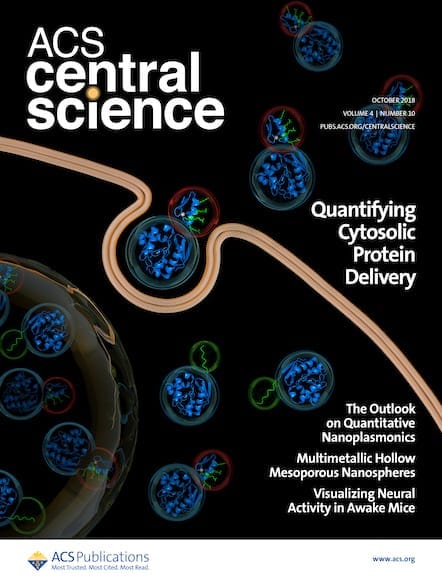An advanced understanding of enzymes could lead to a new generation of artificial “cells” that could move around the body independently and deliver medicine to specific locations. Such cells could someday even provide in-tissue diagnostics and act as provide viable replacements for whole cells and organs. Research in ACS Central Science, explains how chemists used […]

An advanced understanding of enzymes could lead to a new generation of artificial “cells” that could move around the body independently and deliver medicine to specific locations. Such cells could someday even provide in-tissue diagnostics and act as provide viable replacements for whole cells and organs. Research in ACS Central Science, explains how chemists used the homeostasis of human cells as a model to develop cells that use enzymes maintain speed and direction. Researchers say these principles could eventually be used to imbue artificial cells with other life-like properties.

